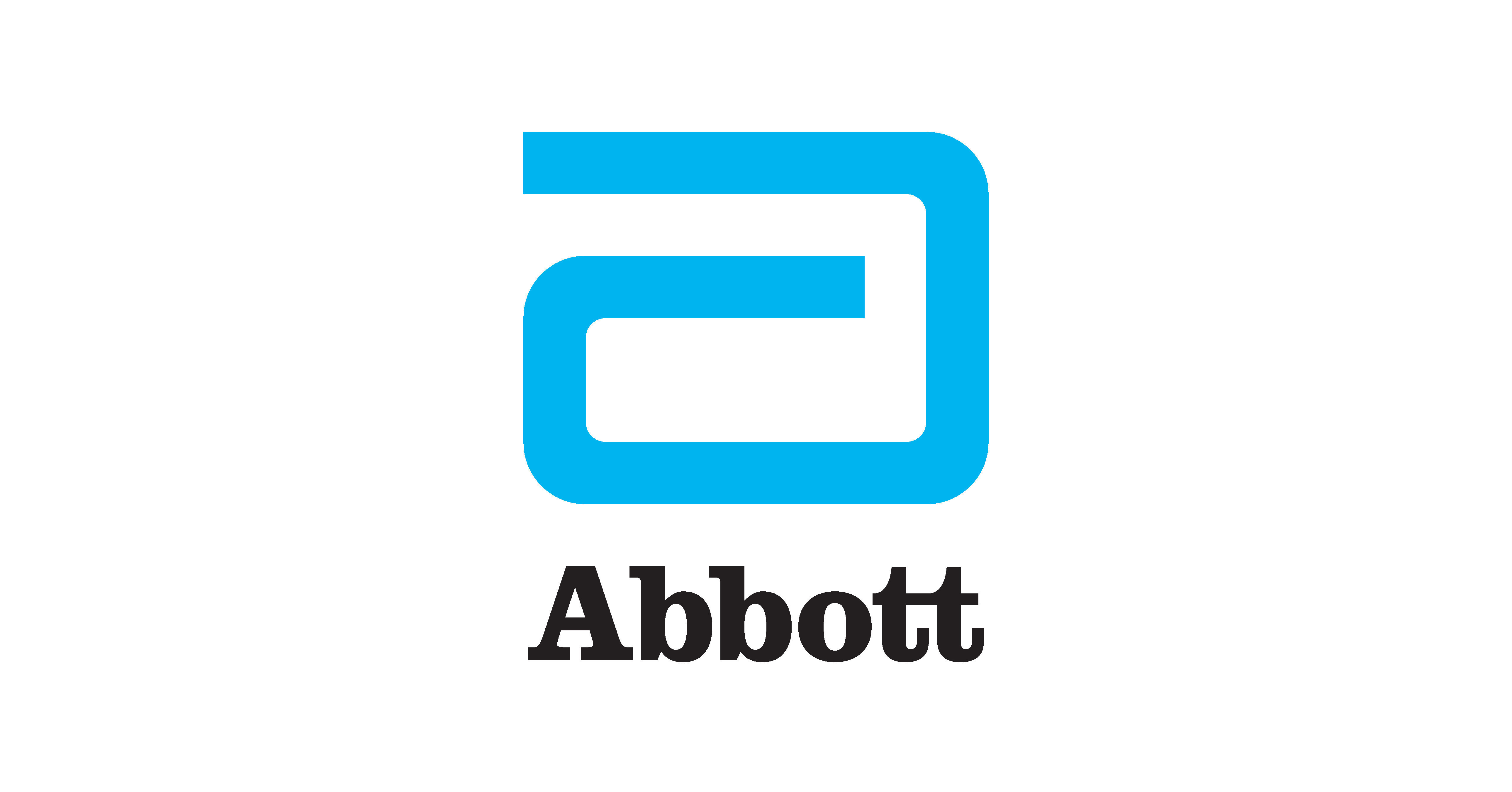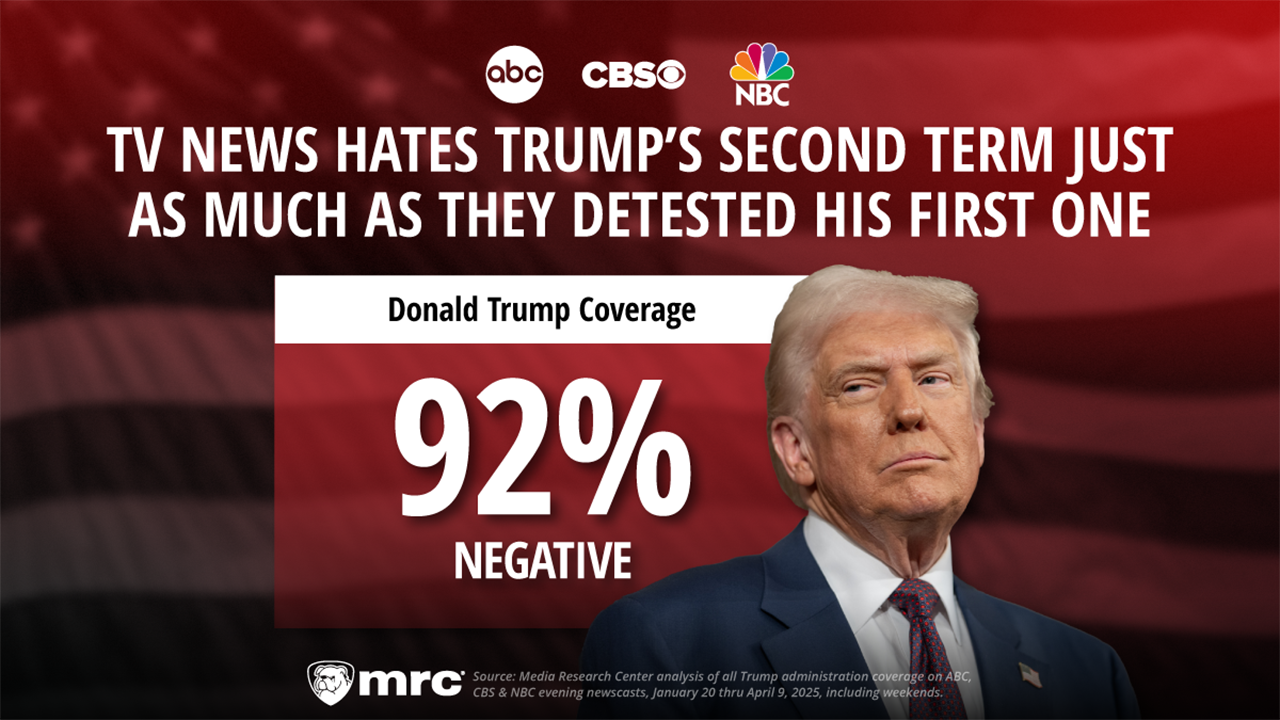Everything seems aligned for blue-state Republicans to finally win their long-fought battle to raise the cap on the state and local tax deduction, with President Donald Trump and House GOP leadership in their corner — up to a point.
There’s just one problem: The so-called SALT Republicans are fighting among themselves and with other GOP lawmakers about key details.
The conflict is hampering efforts by GOP leaders to set up a vote next week by the House Ways and Means Committee on Republicans’ sweeping tax package. One of the biggest sticking points is whether there should be some sort of income cap on qualifying for the deduction, which is particularly valuable to homeowners in areas with high property taxes.
“I don’t see that there’s a real interest from anybody, Republican or Democrat, in helping millionaires and billionaires,” said Rep. Nicole Malliotakis (R-N.Y.), a member of the SALT caucus and Ways and Means. “There’s a lot of opinions on that, but I support some type of income cap, or at a minimum, just targeting to take in middle class families.”
Malliotakis suggested last week that a proposal to lift the current $10,000 cap on the deduction should aim to cover individuals “under the $400,000-500,000 range.”
But a handful of Malliotakis’s colleagues who represent some of the wealthiest districts in the SALT caucus are strongly opposed to any income cap, arguing there are already restrictions in place. The list includes New York Republicans Mike Lawler, Andrew Garbarino and Nick LaLota and Young Kim of California, who have said any tax legislation must include SALT relief to have a chance of passing the House.
“I oppose a 400K income cap because, like the 2017 SALT cap, it hits New Yorkers harder than most Americans,” LaLota said.
Garbarino said that “income restrictions on SALT would be redundant and unnecessary.”
Kim warned she’s “not going anywhere until this gets done.”
But top Republicans are increasingly interested in an income cap, especially as they’re trying to balance demands from a band of fiscal hawks who strongly oppose the expensive SALT cap increase for taxpayers in largely blue states.
SALT Republicans are waiting to hear back from GOP leaders on an offer after meeting last week.
According to a menu of tax policy options prepared by the House Budget Committee that POLITICO reported in January, House Republicans anticipate that lifting the SALT cap to $15,000 for individuals and $30,000 for couples would cost around $500 billion relative to extending Trump’s expiring tax cuts.
SALT Republicans have thus far indicated that lifting the cap to $25,000 — one potential number that has circulated — would be insufficient.
Some in Speaker Mike Johnson’s leadership circle, key Republicans on the Ways and Means Committee and a group of White House officials are all supportive of implementing an income cap alongside the SALT increase, according to four people with direct knowledge of the matter, who were granted anonymity to discuss internal talks.
Many Republicans would like to target the middle class as much as possible, both to limit the expense of the deduction boost and also to keep millionaires and wealthier Americans from accessing the tax relief.
Some Republicans have noted Democrats are already sharpening attacks against GOP lawmakers, whom they claim are cutting Medicaid and other safety-net programs in order to pay for tax breaks for the wealthy.
Johnson has never personally backed an income cap in a meeting with SALT Republicans, according to three people with direct knowledge of the huddles. But it is one of the main ways to limit the cost.
“I get the income cap. I get the cap concept,” said Rep. Blake Moore (R-Utah), a member of Johnson’s leadership team and a Ways and Means Committee member who’s frequently been in SALT meetings.
“I like that. It makes it so we’re targeting support for the middle class,” Moore said.
However, that would be a tough pill to swallow for lawmakers like LaLota and Lawler, whose districts have traditionally had the majority share of state and local income taxes paid by taxpayers making more than $500,000, according to IRS data.
On the other hand, New York’s 11th district, an area encompassing Staten Island represented by Malliotakis, is populated by relatively less-wealthy taxpayers than her New York peers in the SALT caucus.
Malliotakis indicated that she’s more focused on maintaining more relaxed rules implemented in 2017 for an alternative minimum tax that frequently limits SALT deductions taxpayers can take. She said Monday that the return of more stringent rules for the minimum tax are a red line for her and suggested that her colleagues may not be on the same page.
“I’m sure that some are trying to use [the AMT] as leverage, but it can’t come back,” she said.
Johnson, asked on Monday evening where he stood on an income cap for SALT, declined to say, but added he believed an agreement was close.
“I haven’t been forecasting where I'm at on this, because I want to allow time for this to work out. But I think we're very close, and we'll get that.”
“We're going to find the equilibrium point on SALT that no one will be totally delighted with, but it'll solve the equation, and we'll get it done,” Johnson told reporters.
.png)
 German (DE)
German (DE)  English (US)
English (US)  Spanish (ES)
Spanish (ES)  French (FR)
French (FR)  Hindi (IN)
Hindi (IN)  Italian (IT)
Italian (IT)  Russian (RU)
Russian (RU) 








Comments